Herbs for Pain Relief. Pain happens to everyone. Fortunately, many natural herbs can also help to relieve pain. Traditional medicines have used these herbs for centuries to help treat various ailments. Keep reading to learn about 10 herbs that can help ease the pain!
Common Painkillers with Harmful Side Effects There are several different pain medications available on the market today. While these drugs can effectively relieve pain, they often have several side effects. These side effects can range from minor to severe, and in some cases, they can be life-threatening. The most common side effects of pain medications include: -Drowsiness -Nausea and vomiting
-Constipation
-Dizziness
-Rashes
-Headaches
-Mood swings.
There are some instances where the medication’s benefits outweigh its side effects. When it comes to natural pain relief, you may want to consider one of the herbs listed below.
Always talk to your doctor before starting any herbal supplement. This is NOT medical advice!
Herbs for Pain Relief
Many pain-relieving herbs can be used to ease various types of pain. Chamomile, cloves, curcumin, garlic, ginger, green tea, lavender, and peppermint are all known to have pain-relieving properties. These herbs can be used in teas, tinctures, or capsules.
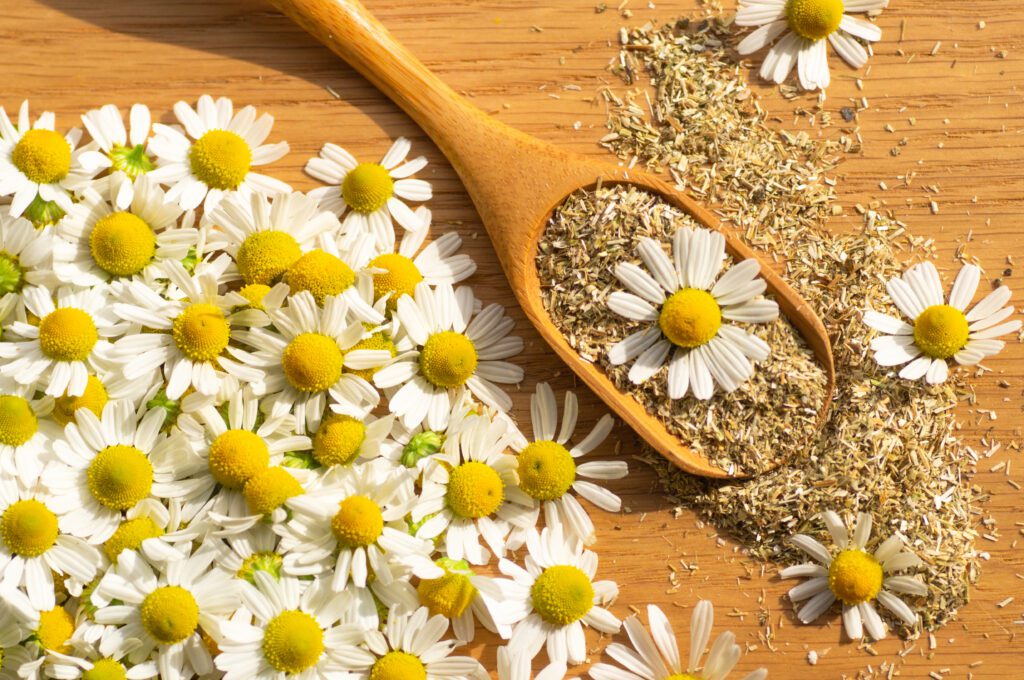
– Chamomile
In most health food stores, you can find dried chamomile flowers. Overall, a variety of ailments have been treated with chamomile tea for centuries. Thought to work for pain relief works by binding to pain receptors in the brain, reducing the perception of pain. Overall, chamomile can be used to help with both acute and chronic pain.
When it comes to natural ways to help with pain relief, Chamomile may be worth trying. Chamomile tea is generally safe, with few side effects. However, it can also interact with certain medications.

– Cloves Herbs for Pain Relief
Cloves have been used for centuries as a natural remedy for pain relief. The active ingredient in cloves is eugenol, which is also a natural analgesic. This means that it helps to reduce pain and inflammation.
There are a few ways to use cloves for pain relief. You can make clove oil by mixing equal parts of ground cloves and olive oil. Then, you can massage the mixture into sore muscles or joints. You can also make a clove compress by soaking a cloth in clove oil and then applying it to the affected area.
For natural relief of pain, try using cloves. You may be surprised at how effective they are!
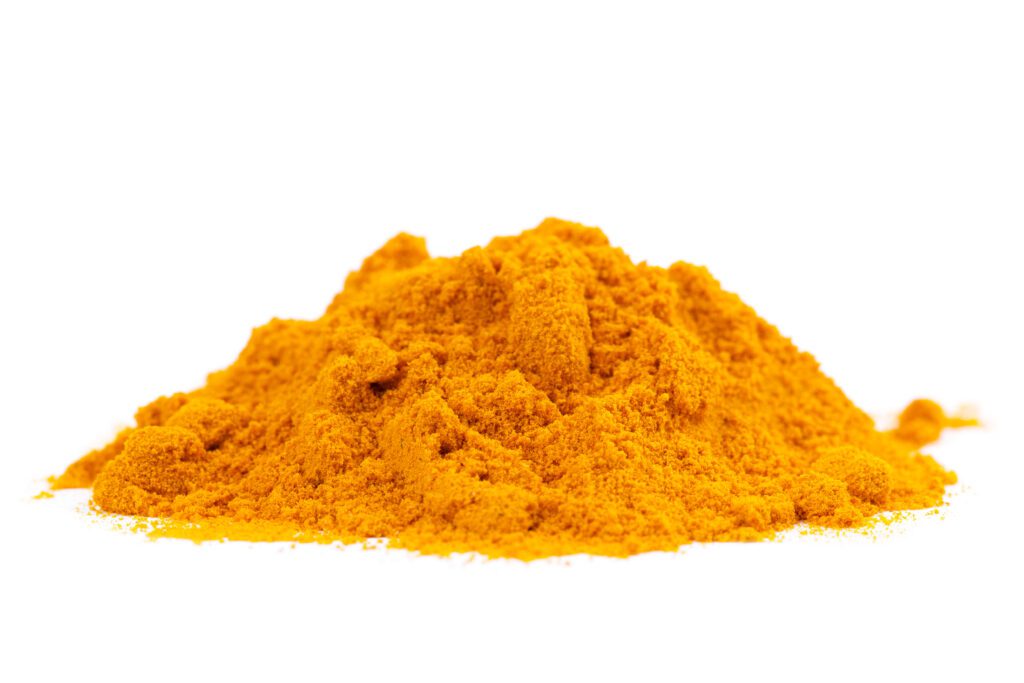
– Curcumin
Curcumin is a natural compound found in spice turmeric. It has anti-inflammatory and pain-relieving properties and can be used to treat many different conditions.
Recent studies have shown that curcumin can also effectively treat pain and inflammation. As effective as ibuprofen, curcumin reduces inflammation and pain.
It is thought that curcumin works by inhibiting the production of inflammatory chemicals in the body. It may also block the body’s pain signals.
Curcumin is generally considered safe, but some side effects have been reported, such as stomach upset, dizziness, and diarrhea. It can also interact with certain medications. Generally, if you are considering taking curcumin for pain relief, you should consult your doctor first.
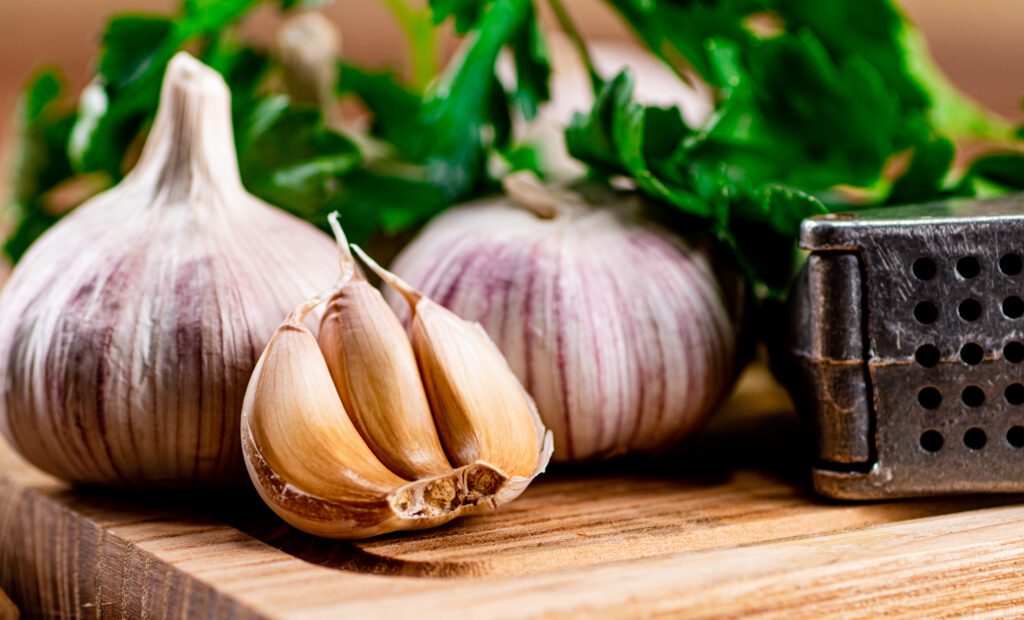
– Garlic
Garlic has long been used as a natural remedy for pain relief. Numerous studies have shown that garlic can help to reduce inflammation and pain. In some cases, garlic may be more effective than over-the-counter pain medications.
If you’re interested in trying garlic for pain relief, there are a few different ways to use it. You can take garlic supplements, cook with garlic, or apply garlic directly to the affected area.
In terms of natural pain relief, garlic is a great option. You can eat raw garlic, take garlic supplements, or apply garlic oil to the affected area.
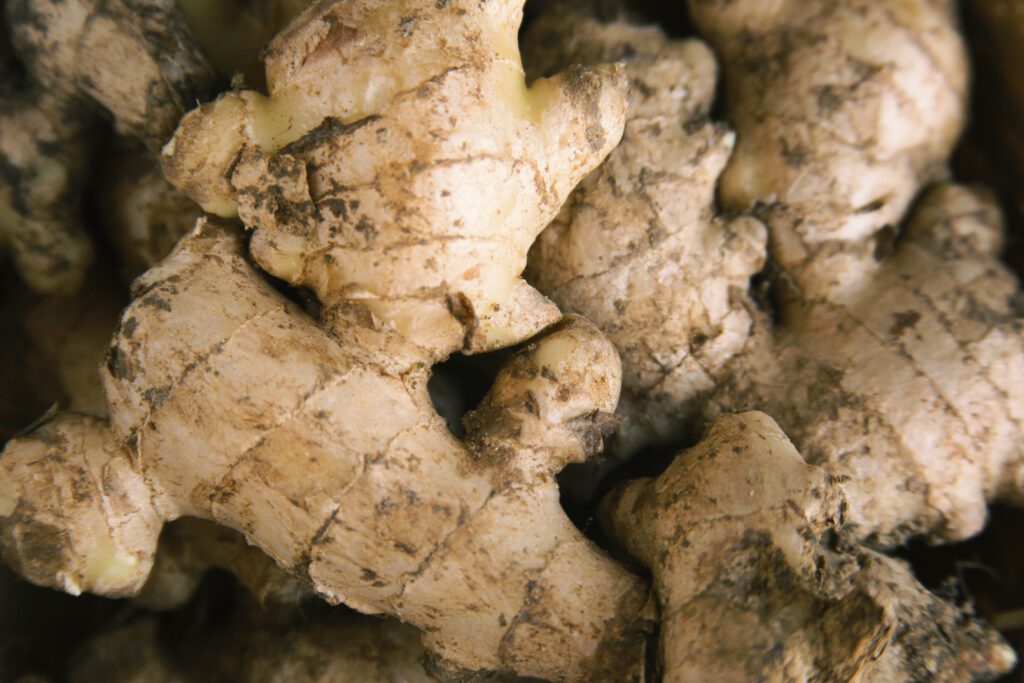
– Ginger
Ginger for pain relief works by reducing inflammation and pain in the joints. Various ailments have been treated with it as a natural remedy for centuries. Ginger is rich in antioxidants and has anti-inflammatory properties. These properties make ginger an effective treatment for pain relief.
Ginger is a popular spice with a wide range of health benefits. These benefits are due to ginger’s presence of antioxidants and anti-inflammatory compounds.
Ginger can take many forms, such as capsules, tablets, tinctures, or tea. It is also possible to add ginger to your diet by using it in cooking or as a supplement. If you are taking ginger for pain relief, starting slowly and increasing the dosage over time is a good idea. Consult your doctor before taking any herbal supplements.
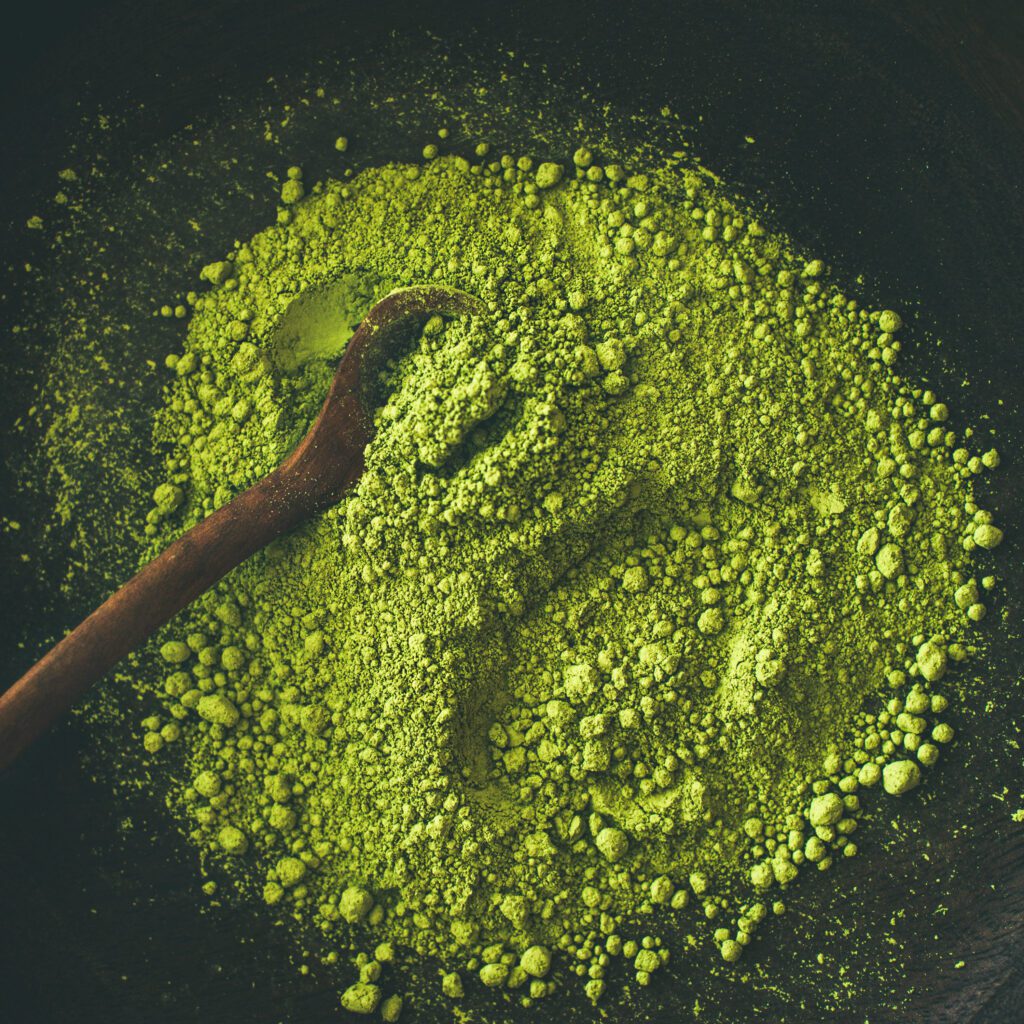
– Green Tea
A variety of ailments have been treated naturally with green tea for centuries. Green tea is effective in providing pain relief for a variety of conditions. One study showed that green tea effectively reduced pain for people with arthritis. Another study showed that green tea effectively reduced muscle pain after exercise.
So how does green tea work to provide pain relief? One theory is that green tea contains a compound called EGCG, which has anti-inflammatory properties. Green tea may help reduce inflammation, leading to pain relief.
Try green tea if you want a natural way to relieve pain.
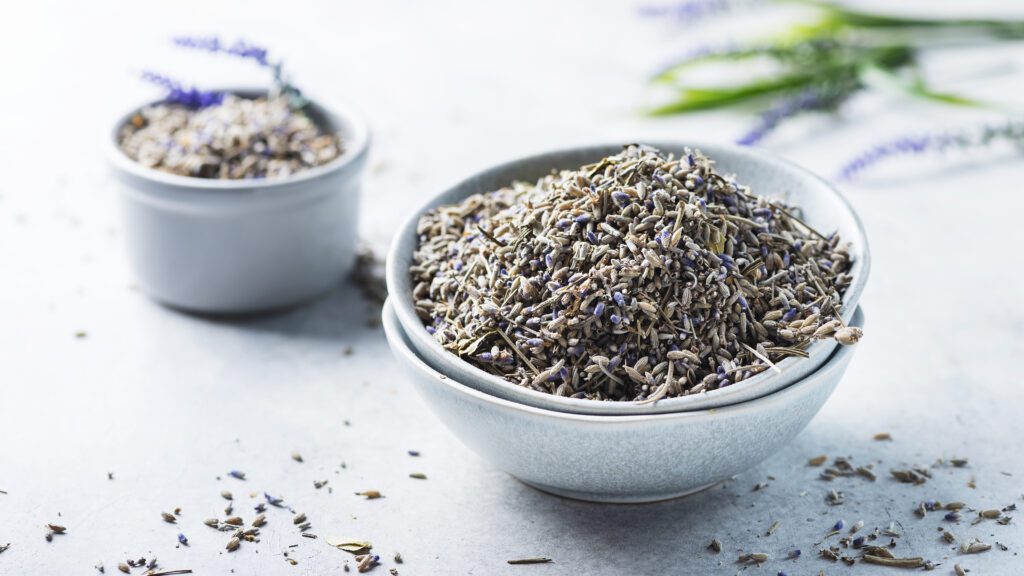
– Lavender Herbs for Pain Relief
Lavender appears to be effective at relieving pain, according to a growing body of evidence. The oil was also seen as effective as over the counter pain relief solutions. Lavender is also a calming herb that relaxes and soothes the body.
While more research is needed, these findings suggest that lavender could be a natural and effective way to relieve pain. If you are experiencing pain, talk to your doctor about whether using lavender essential oil might be right for you.
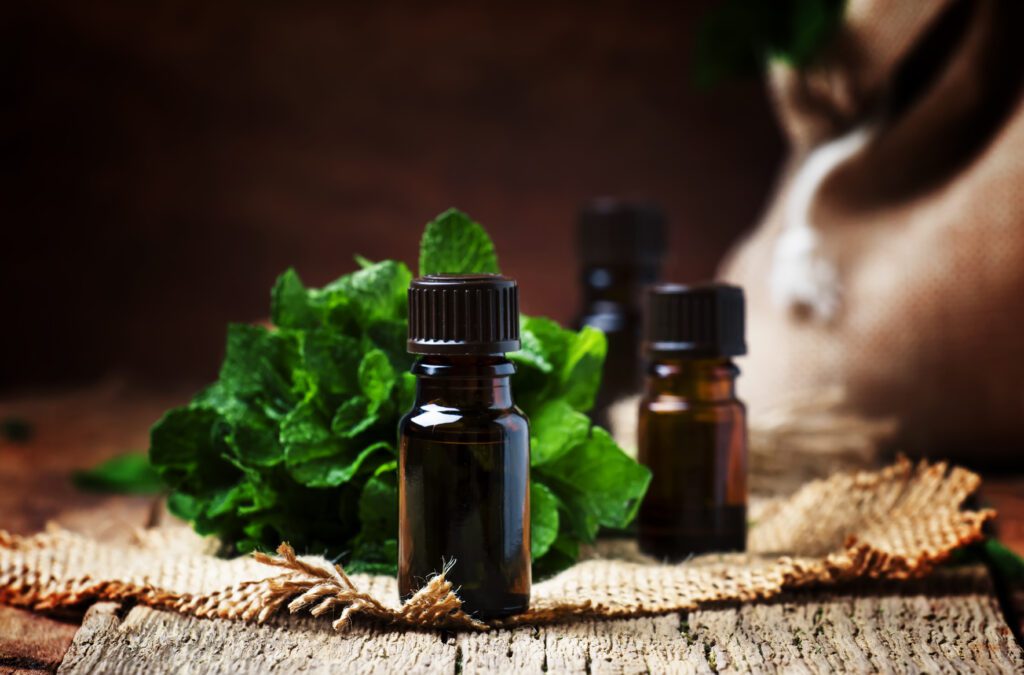
– Peppermint
Peppermint is a widely used herb with a long history of medicinal use. Peppermint is effective in relieving pain, particularly headaches and migraines. The herb works by inhibiting the production of pain-causing chemicals in the brain. It also has a cooling and refreshing effect.
Peppermint may be an excellent herb to try if you are suffering from pain. Furthermore, the pain-relieving effects of peppermint have been well-documented, and the herb is safe for most people.
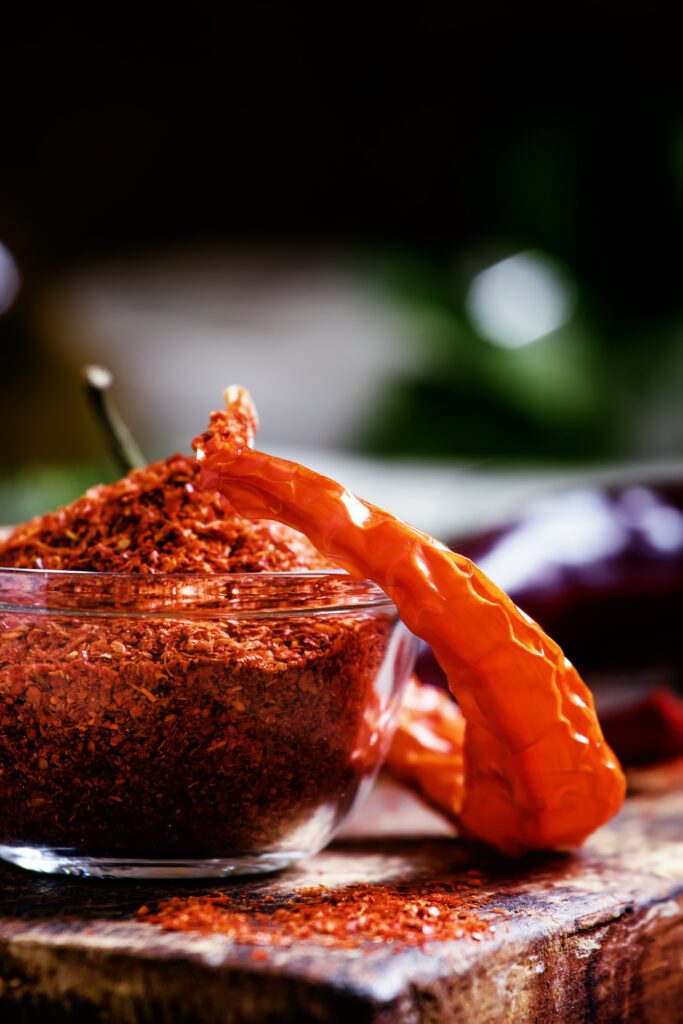
– Cayenne
Capsaicin, the active compound in cayenne peppers, is an effective pain reliever. Several studies have shown that capsaicin can help relieve pain by inhibiting the release of pain-causing chemicals at the injury site. In addition, capsaicin may also have anti-inflammatory effects, which can further help to reduce pain.
Cayenne pepper may also be a natural treatment worth trying if you are experiencing pain. Before using cayenne pepper, speak to your doctor.
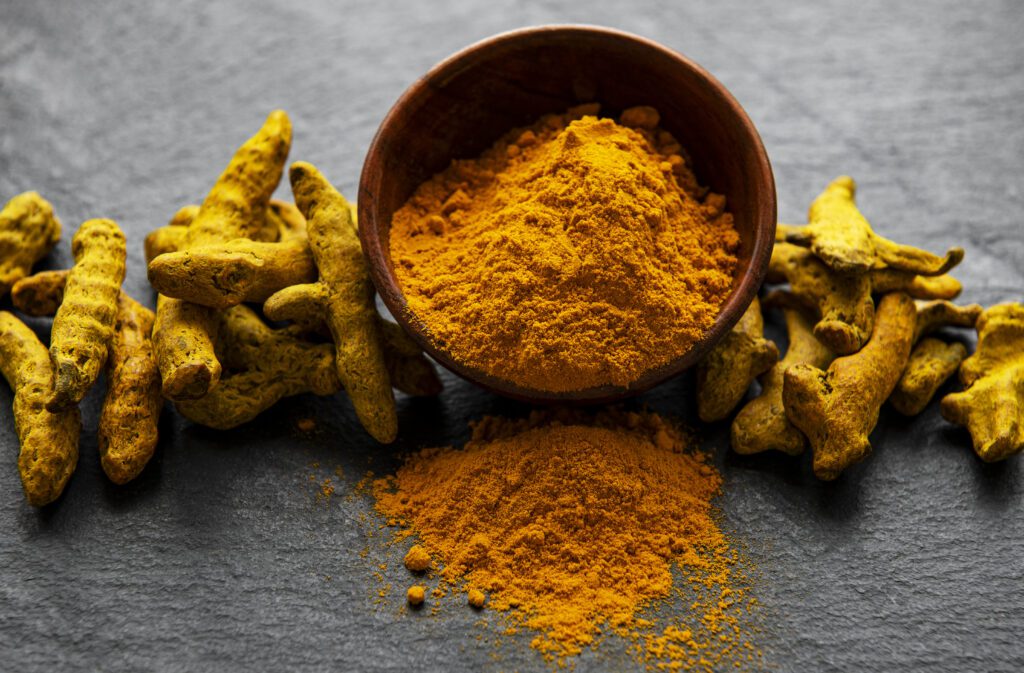
-Turmeric
Turmeric is an effective pain reliever that reduces inflammation and also swelling. Furthermore, it is an ideal home remedy for wounds and cuts. Turmeric is a natural antiseptic and antibacterial.
When applied topically, turmeric can help to soothe sunburns and other skin irritations. It is also effective in relieving muscle pain and stiffness. Additionally, it is effective for menstrual cramps. For these reasons, turmeric is an excellent home remedy in your medicine cabinet.
How to Use Herbs for Pain Relief
Herbal remedies have been used to treat pain for centuries. Many different pain-relieving herbs can be used, each with its unique benefits. Furthermore, some of the most popular pain-relieving herbs include cayenne pepper, ginger, turmeric, and cloves.
When using herbs to relieve pain, it is essential to use them safely and effectively. Herbs that relieve pain can be used in the following ways:
-Start with a small dose and increase as needed.
-Pay attention to how your body responds to the herb. Importantly, if you experience any adverse side effects, stop using the herb and consult a healthcare professional.
-Overall, use caution when taking pain-relieving herbs if you are also taking other medications. Herbal remedies can interact with some medicines, so it is best to discuss them with your doctor.
